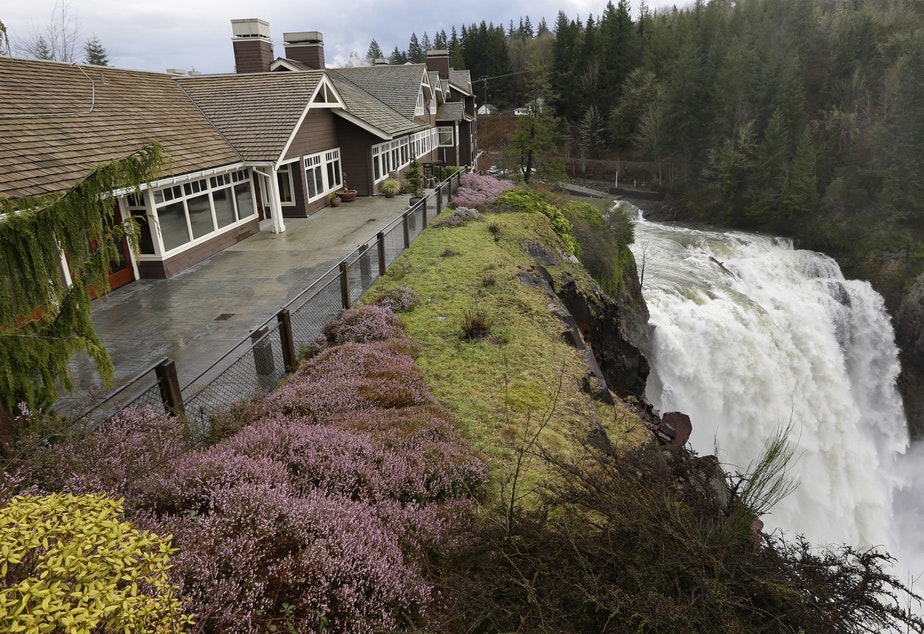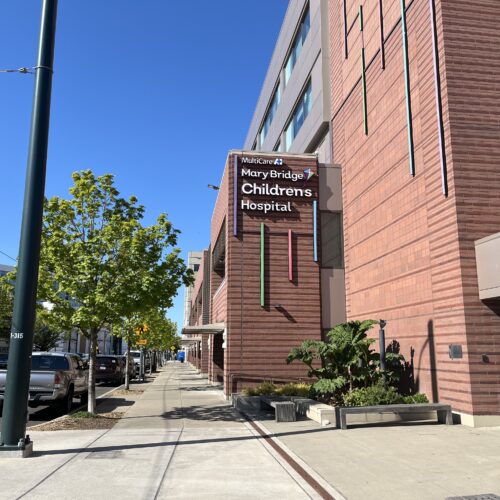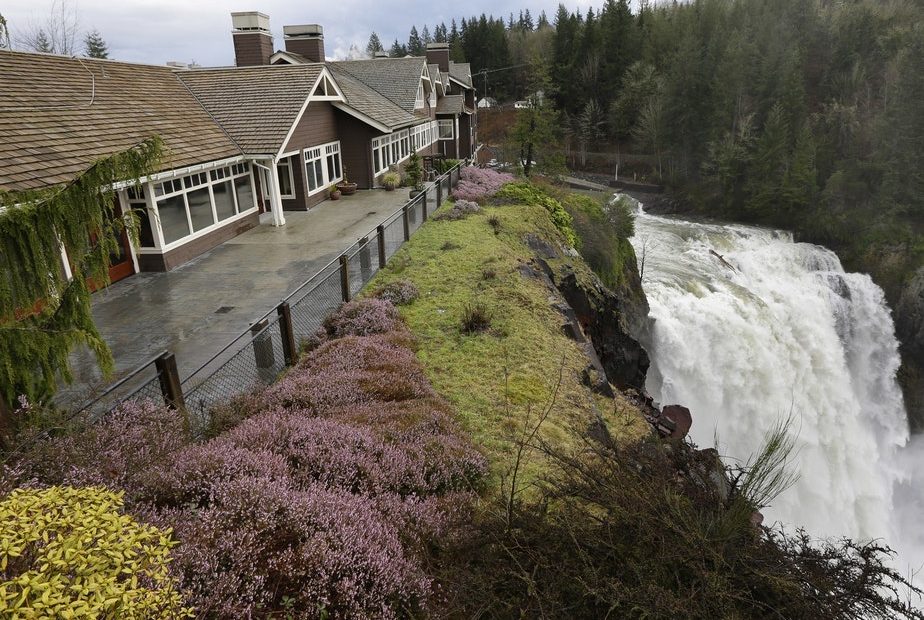
Snoqualmie Tribe Buys Land Around Snoqualmie Falls For $125 Million
Read On
BY EILIS O’NEILL / KUOW
The Snoqualmie Tribe announced Friday that it has purchased the land surrounding Snoqualmie Falls, its traditional territory.
The tribe made the purchase — which includes the surrounding land and nearby hotel —from the Muckleshoot Tribe for $125 million.
The falls are sacred to the Snoqualmie people, and their traditional burial site is right above the falls.
The Snoqualmie lost their land in the 1800s, when white settlers moved in and took over Snoqualmie lands.
Known as the People of the Moon, the Snoqualmie were signatories to the Treaty of Point Elliott in 1855. Tribes around Puget Sound were pressured to sign and give up the vast majority of their land.
Some tribes were given smaller reservations, but the Snoqualmie got no land of their own or payment.
The waterfall, just east of Seattle, is a major tourist draw: About 1.5 million people visit every year.
The Muckleshoot Tribe had owned the land for the past 12 years and had planned to build housing and a conference center on the land. The Snoqualmie Tribe opposed the development, saying the falls are sacred and should be preserved.
With the purchase, the plan will not go forward.
At a press conference on Friday, Chairman Robert de Los Angeles of the Snoqualmie Tribe said the tribe will continue to welcome visitors and will add more signs explaining the cultural significance of the falls.
The Snoqualmie status as a tribe was revoked in 1953 – because it had no land. That status was restored in 1999, and the tribe was able to buy a small piece of land in 2007.
The Muckleshoot tribe bought the Salish Lodge & Spa from private operators in 2007. The Snoqualmie had also bid on the property then.
The Snoqualmie Tribe now hopes that the falls will have more water flowing in the future. Most of the water that tumbles down the falls is diverted to a hydroelectric installation owned by Puget Sound Energy.
The Snoqualmie Tribe has tried for decades to get PSE to increase how much water spills down the falls for decades.
“The reason why more spill is important to us is that our belief is that the mist from the falls is what transcends our prayers to the heavens, to the creator. It’s what heals us,” said Michael Ross, the tribe’s vice-chair. “And so, when there’s no flow, there’s no mist, and therefore it affects our religious practices.”
PSE did not immediately respond to a request for comment, but it seems unlikely that any change will happen soon. The utility has a 40-year operating license for the hydroelectric facility, and it just finished repairing and upgrading the facility in 2015.
In a joint statement, the two tribes said that “the agreement comes after discussions and negotiations between the two sovereign tribal governments and represents a unique situation in which the Muckleshoot Tribe has supported the restoration of sacred and culturally significant land to the Snoqualmie people.”
Copyright 2019 KUOW. To see more, visit kuow.org
Related Stories:
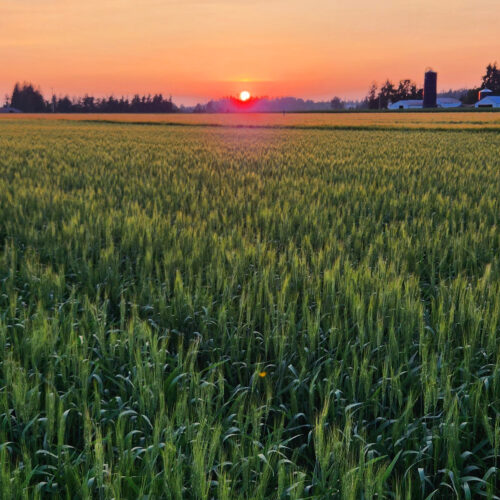
New Washington State University spring wheat variety named for Black family with deep roots in Washington
A field of WSU’s new variety, Bush wheat, growing near Lynden, Washington. (Credit: Washington State University) Listen (Runtime 1:05) Read Editor’s Note: Northwest Public Broadcasting acknowledges that all of what’s
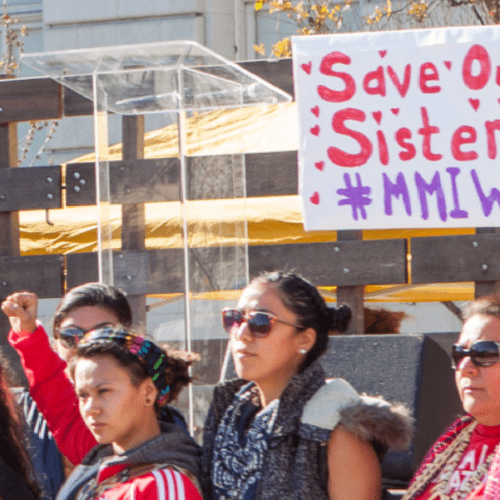
Nationwide Alert System Created for Missing Indigenous Persons
Governor Inslee signed Bill 1725 which creates an endangered missing person advisory.
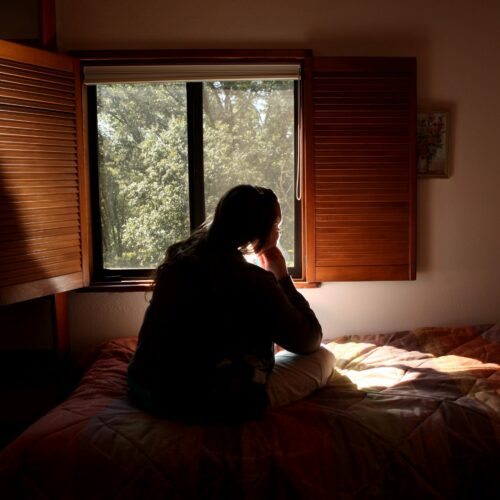
Renewed Violence Against Women Act Helps More Groups
New funding for VAWA aims to help more communities / Photo: AP Listen NWPB’s Johanna Bejarano reports on new groups that could see extra protections in the federal Violence Against

